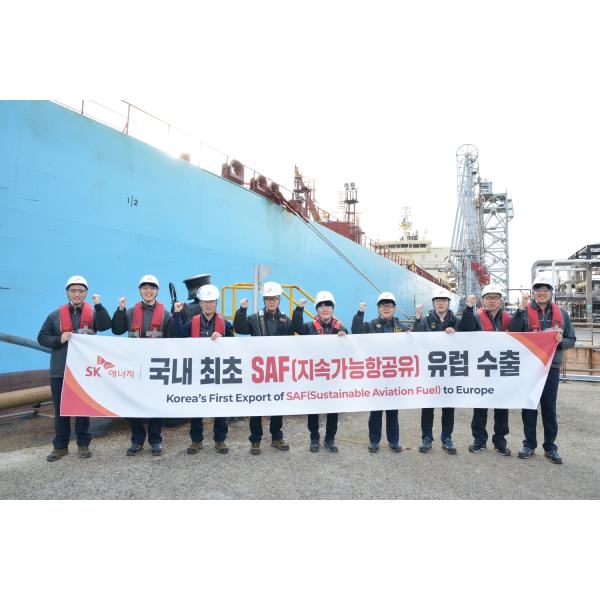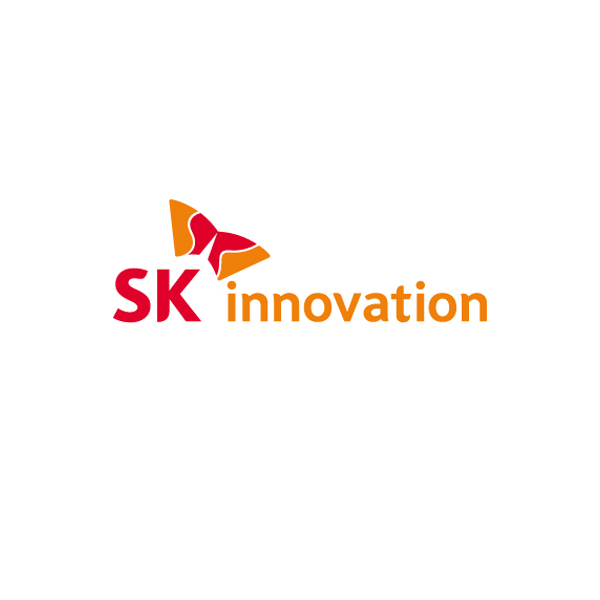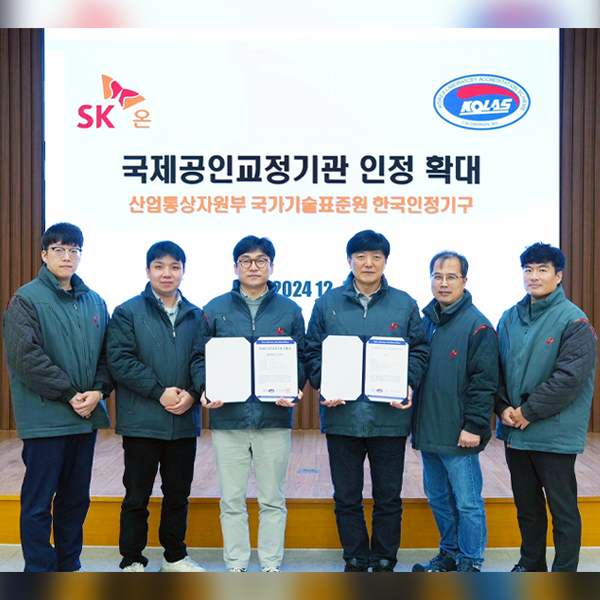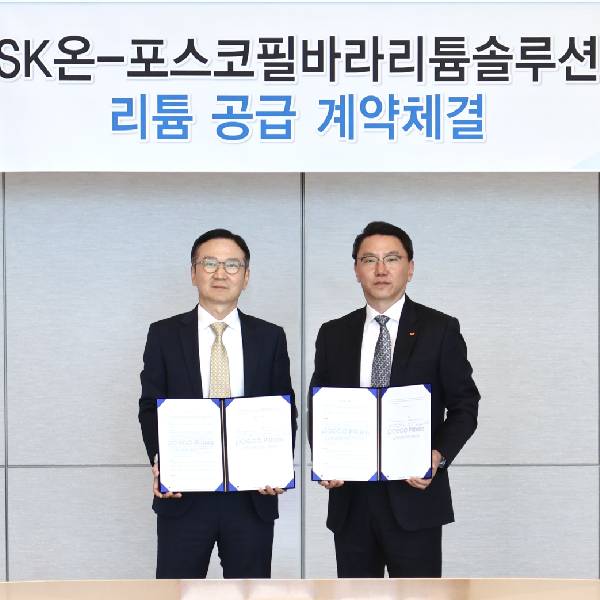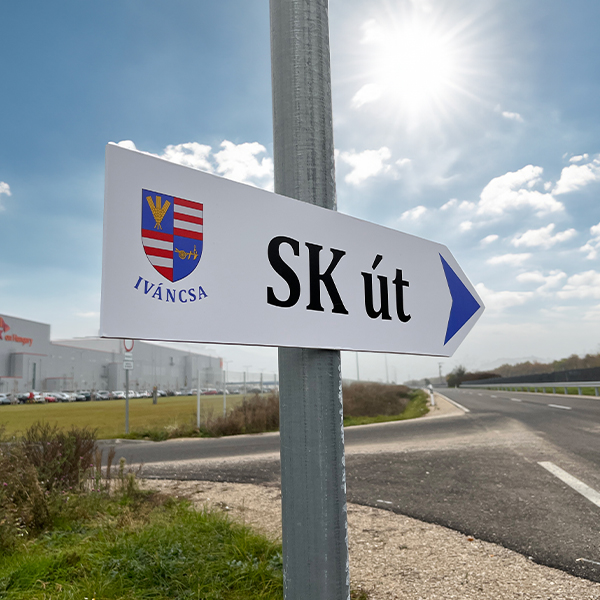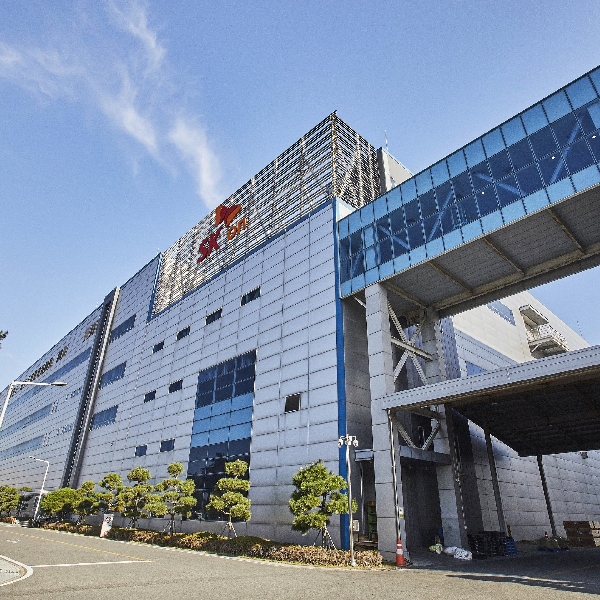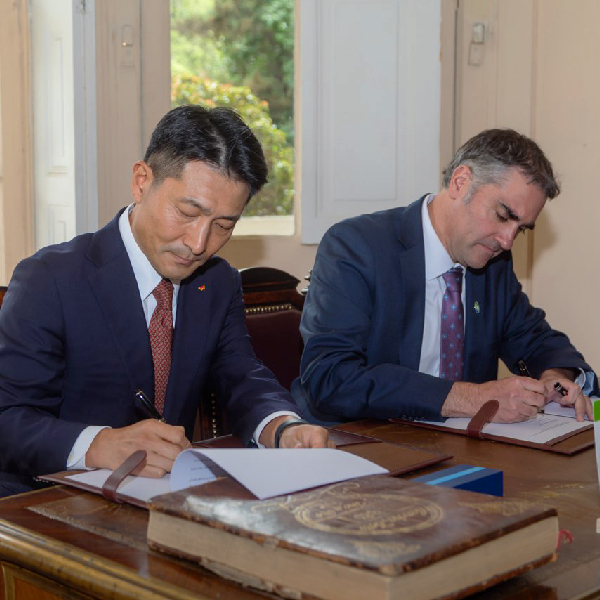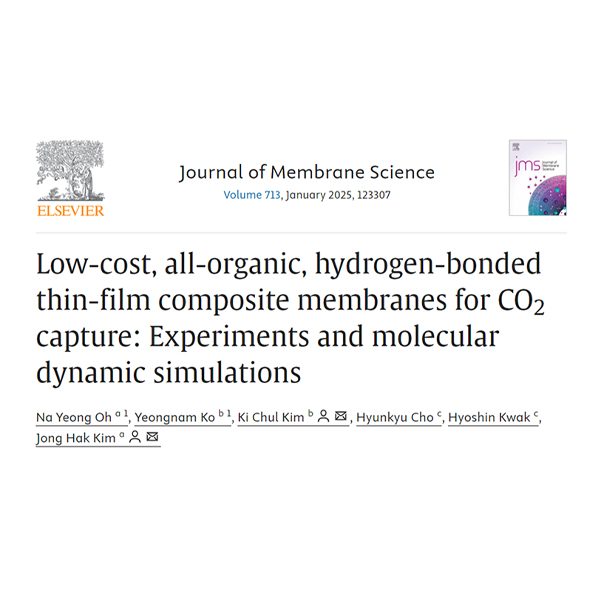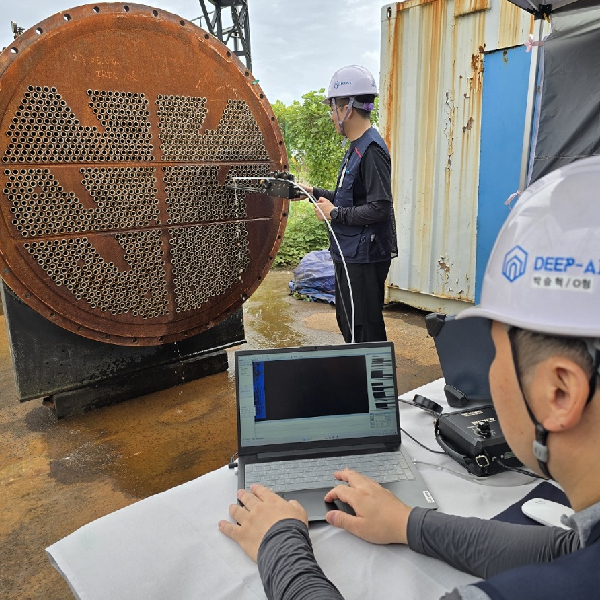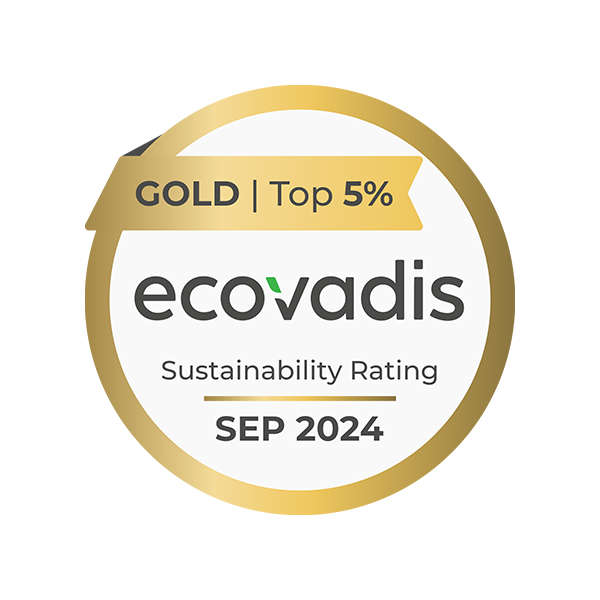 Press Releases
Press Releases■ Professor Kannan Ramaswamy, a professor of the Thunderbird Graduate School of Global Management at Arizona State University and a global scholar, shared with members the results of a peer study between SK Innovation and companies in the same industry
– Conducted a comparative analysis on green transformation strategies between global petrochemical companies
■ SK Innovation’s “strategic clarity,” “excellent corporate culture,” and “two-track innovation strategy” have been effective
■ The company’s financial story strategy was recognized for its efforts of pushing implementation together with members
A global scholar has evaluated that SK Innovation’s Green Transformation Strategy, which is the core of its financial story, has superior practicality compared to companies in the same sector, and has the role of the industry’s leader.
On November 3, SK Innovation announced that Professor Kannan Ramaswamy of the Thunderbird School of Global Management at Arizona State University gave a presentation on a global peer group comparative analysis case study and shared the research results via video conference at the SK Seorin Building. This study is SK Innovation’s second intensive study following last year with more in-depth results.
Professor Ramaswamy analyzed the green transformation strategy promoted by SK Innovation and generated different advantages through comparison with similar companies. He concluded that the promoted strategy has three intangible values, ▲ a consistent and clear business strategy, ▲ excellent corporate culture, and ▲ a two-track innovation strategy. He also noted that the strategy has a high probability of success with the company’s entrepreneurial spirit.
Professor Ramaswamy said, “SK Innovation is one of the companies that is firmly pursuing large-scale changes toward an eco-friendly energy future. The willpower to implement this is reflected throughout the company, including its company-wide vision and business strategy.”
Global petrochemical companies with similar business structures, history, and business goals as SK Innovation were selected as the companies to be evaluated for comparison, and the level of implementation was analyzed on two axes: concentration of eco-friendly strategies and portfolio diversity.
◆ A clear business strategy and excellent corporate culture
Professor Ramaswamy cited that the clear future-oriented business vision that SK Innovation has maintained since its beginning along with the consistent leadership of the management team that implements this as SK Innovation’s distinguishing features. He highly evaluated these features as a major contributing factor to SK Innovation’s performance in a rapidly changing environment.
Professor Ramaswamy said, “Despite the company’s identity as a petrochemical company, it announced a bold vision to reduce its carbon footprint in 2030 and achieve net-zero by 2050.” He added, “Within just a few years, SK Innovation showcased clear business results in the eco-friendly field, demonstrating a true corporate innovation.”
He also cited SK Innovation’s SKMS*-based management and SUPEX pursuit corporate culture that aims for super excellence as inspirations for the members’ sense of purpose and execution capabilities.
(*) SKMS (SK Management System): SKMS proposes the basic direction of business management, and is composed of SK management philosophy and methodology to implement this into the actual management.
◆ A “two-track strategy” that strengthens existing businesses and expands new businesses
Professor Ramaswamy recognized SK Innovation as a company that achieves both technological scalability and economic feasibility without being complacent. He explained that SK Innovation’s pursuance of a two-track strategy that strengthens the efficiency of existing businesses and expands new businesses based on its diversified portfolio. He added that this is due to the fact that the company continues to explore the difficult tasks of securing sustainable profitability for fuel-based businesses and discovering future business options.
He stated, “A rapid business model transition is taking place in all SK Innovation affiliated business areas, such as SK On and SK IE Technology’s business expansion into mobility and SK Geo Centric securing chemical recycling technology.”
Lastly, Professor Ramaswamy spoke on the company’s communication measures. He said, “SK Innovation had the highest transparency in sharing business plans in the industry, and there was no company with a more solid strategic foundation.” However, Professor Ramaswamy also added, “In an environment where technological competition is intensifying, SK Innovation’s goal of achieving net-zero may become a challenging task in the future.”
In regards to the presentation, SK Innovation said, “We’re pleased that the excellent implementation of our financial story and business transition strategy from carbon to green have been recognized by global scholars. As we have shared the results and meaning of the analysis with all members of SK Innovation, we will develop a strategy based on the analysis’s findings and will further accelerate this implementation.”
Click here to read the summary of the case study.
[Photos]
(Photo 1) Professor Kannan Ramaswamy (left) presented research results on the global peer group comparative analysis case study via video conference held at the SK Seorin Building, Jongno, Seoul on November 3 (local time).
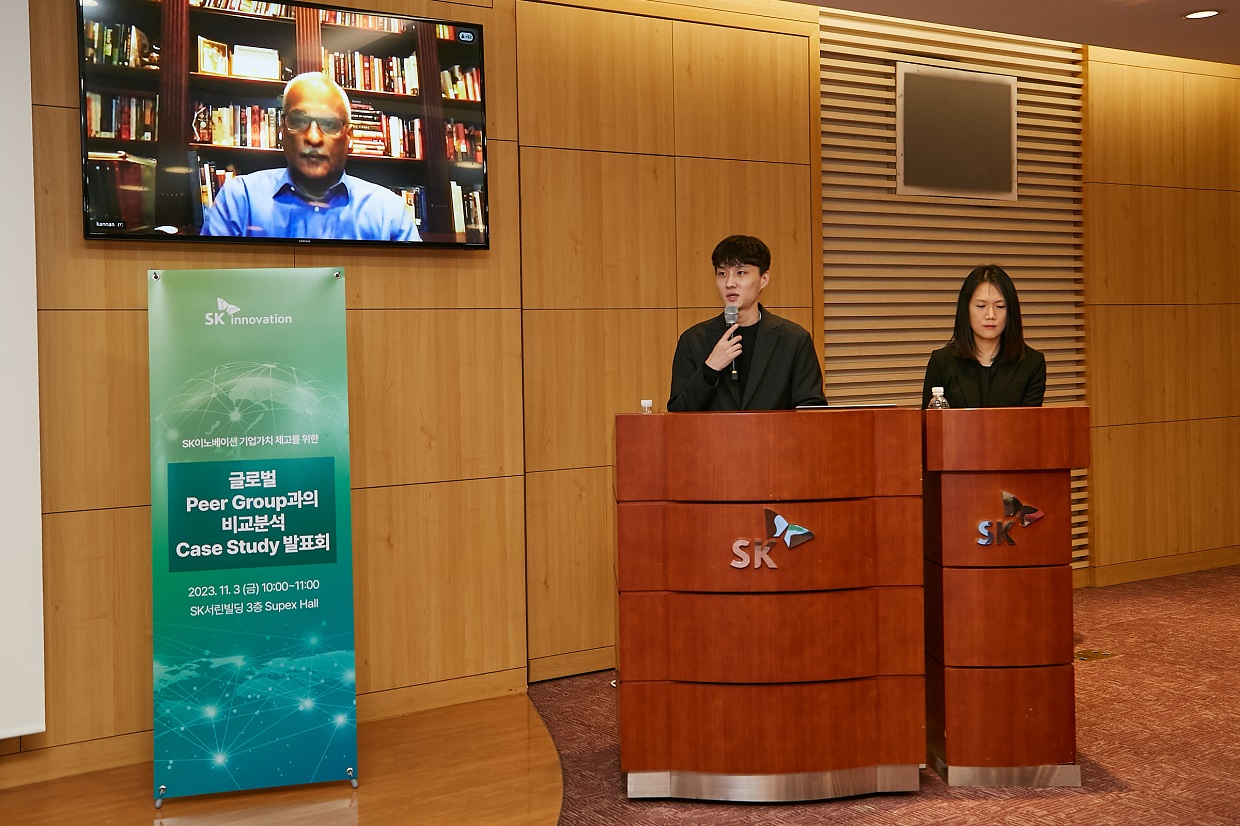
(Photo 2) Professor Kannan Ramaswamy of the Thunderbird School of Management at Arizona State University











 Youtube
Youtube Facebook
Facebook Instagram
Instagram Linkedin
Linkedin








